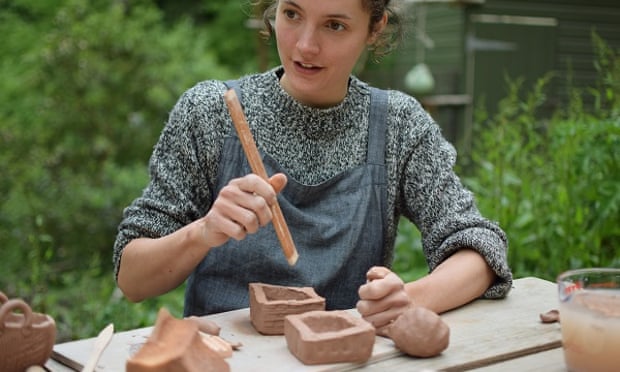 post.)
post.)Can this really be the right place? I wave my phone around above my head, but I’m out of luck – no signal, no map location. On this quiet country lane just outside Truro there’s no signpost to direct me and all I see are empty fields.
I’m trying to find the entrance to Wild Fal, a new getaway on the banks of Cornwall’s river Fal which aims to offer adults an escape from city life by disconnecting from technology and reconnecting with nature.
It couldn’t have opened at a more timely moment. An Ofcom report out this month has revealed the nation’s obsession with being online – almost half of the 2,550 people surveyed said they felt lost when they couldn’t access the web and a third said they found it difficult to disconnect. More than a third of UK internet uses had also taken a “digital detox” break from the web to cope with their addiction in the last year, whether that was just a few hours offline or a web-free holiday.
I give up on my phone and fortunately co-founder Sheldon Stansfield soon appears, waving at me across the field. Set up by three young creatives – cabinet-maker Louis Antoine, film graduate Izzie MacQueen, and 3D design graduate Stansfield – Wild Fal opened its doors in spring 2016. Accommodation for up to 16 people is divided between a treehouse, a potting shed, a hunting lodge and a tipi. Optional activities range from wilderness retreat staples such as foraging and bushcraft, to creative pursuits – pottery and furniture making, with wood sourced on site.

For me it works almost immediately. We’ve only walked a few hundred metres, but as we emerge from the fields into oak woodland and see the 300-year-old cottage the site is based around, the rest of the world feels a million miles away.
My stay is quiet, with just two other guests – a young film-maker and a yoga teacher, but I’m told that recent weekends have been busy, with a stag do and 30th birthday party.

The accommodation and washing facilities (a choice of solar shower or a wild swim) are basic, with minimal comforts on offer. For meals, there’s the option of self-catered or semi-catered. The food provided is simple, but delicious, with the emphasis on local produce such as seasonal veg and game: we dine together on foraged nettle soup and rabbit with vegetable stew. For breakfast there’s locally baked bread, honey and fruit.
Self-caterers can also cook over the fire or use the wood-fired clay oven. Aside from weekend indie film screenings among the trees, nighttime entertainment is DIY: a chat and a drink around a fire with other guests, or a peaceful evening reading - not a mobile phone or iPad in sight.
The next morning, I’m woken by daylight flooding into my treehouse room and the sound of birds and a trickling stream.
The creative vibe is everywhere: the treehouse is insulated with multicoloured wool held in place with old fishing nets, a glass bottle wall runs alongside the vegetable patch, and in the woods there’s an old, soon-to-be-revived charcoal kiln.

We collect clay from the riverbed (although we’ll be using material that’s already been collected and processed, it reminds us that we’re working with the local earth). With only our hands and a few manual tools, we sit in the open air creating simple thumb pots and small square boxes, using the sea shells and leaves around us as our decorative inspiration.
With nothing to distract me, I notice the softness and warmth of the clay through my fingers and become lost in the flow, with all sense of time gone – something I’m rarely able to experience in my day-to-day life of email notifications and city noise. I feel calm and focused, the urge to check my phone every five minutes vanished. I spend my last hours at Wild Fal gathering edible leaves, and as I nibble away at my wild salad from my newly crafted bowl, I can’t help but contemplate the simple fulfilment that creating with nature can achieve: a reminder that some things really can’t be connected to digitally.
• The trip was provided by Wild Fal. One night in the treehouse for two people costs £80 B&B. A day’s pottery or woodwork workshop, lunch included, costs £70 and a half-day foraging course costs £45
guardian.co.uk © Guardian News & Media Limited 2010
Published via the Guardian News Feed plugin for WordPress.

0 comments:
Post a Comment